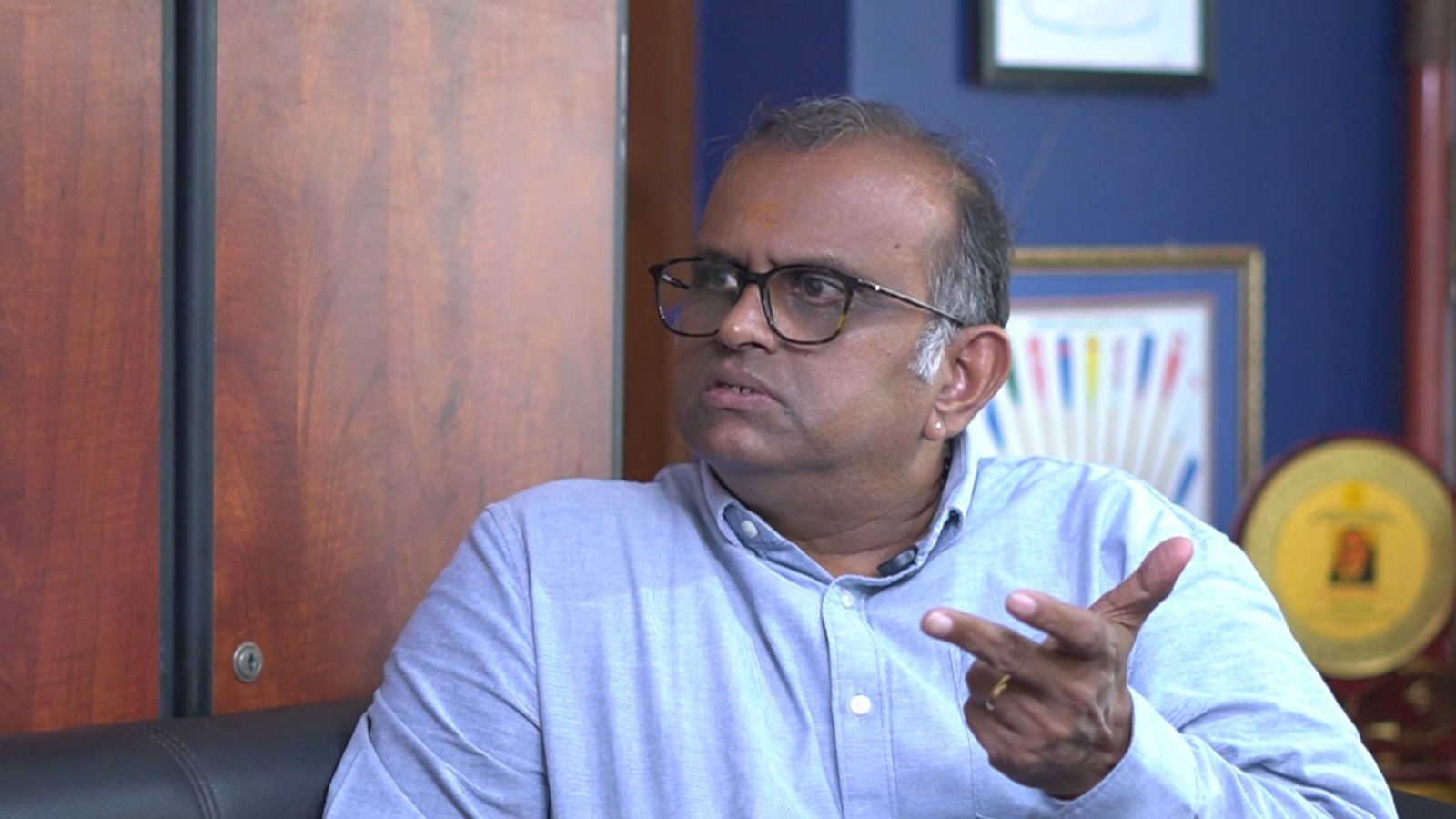No one in Kerala now dares to drink water directly from any water source, even from their well-maintained open wells, because of the high presence of E-coli bacteria. Yes, Kerala, once celebrated for its pristine water bodies, is grappling with a water pollution crisis caused by unscientific disposal of waste, specifically human faecal matter from septic tanks.
Experts say that despite Kerala being an Open Defecation Free (ODF) state, the main reason for groundwater pollution is the conventional septic tanks, which fail to properly treat the waste, and the overflow from them seeps into groundwater.
“For all these years, we have been installing septic tanks for sanitation waste management. But these septic tanks are now polluting our water resources. While India’s premier institute Defence Research Development Organisation (DRDO) developed Bio-Digester, an anaerobic technology to scientifically treat septic waste, 25 years ago, we are still stuck with septic tanks. It’s high time that we do away with septic tanks to protect our water resources,” said Dr. Jeevan Sudhakaran, CEO of Samudra Planet, which is manufacturing bio-digesters for public use under a technology transfer agreement with DRDO.
Studies reveal that over 80 percent of Kerala’s open wells and 90 percent of its rivers are contaminated with Escherichia coli (E. coli), a bacterium linked to severe health issues like diarrhoea and vomiting. Rapid urbanisation, improper sanitation, and high population density are cited as the main culprits. Both Centre for Water Resources Development and Management (CWRDM) and Kerala Water Authority have conducted in-depth studies revealing how poor treatment of septic waste is polluting the water sources in the state. As per a CWRDM report in 2019, open wells in Kerala are facing the problem of bacteriological contamination.
The situation is more alarming in cities like Kochi, where a latest internal groundwater report published by Times of India says that almost 70% of groundwater in urban areas of Ernakulam, including Kochi corporation, contains E. coli/coliform bacteria, making it non-potable. The report says that of the 50 water samples collected from open wells and tested in November 2024 at Sophisticated Test and Instrumentation Centre (SITC) in Cochin University of Science and Technology (CUSAT), 31, or almost 60%, tested positive for pathogens.
Samudra Planet has tied up with local bodies and other NGOs to spread awareness about the importance of preventing groundwater pollution caused by septic tanks. “Conventional septic tanks fail to treat human faecal matter properly, causing widespread contamination. Bio-digesters are the only viable solution to protect our drinking water sources. Unlike traditional systems, bio-digesters use anaerobic bacteria to treat waste, discharging pathogen-free water that is safe for reuse. They are maintenance-free, durable, and customizable, making them ideal for Kerala’s densely populated regions,” he added.




Be First to Comment